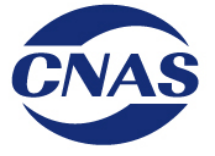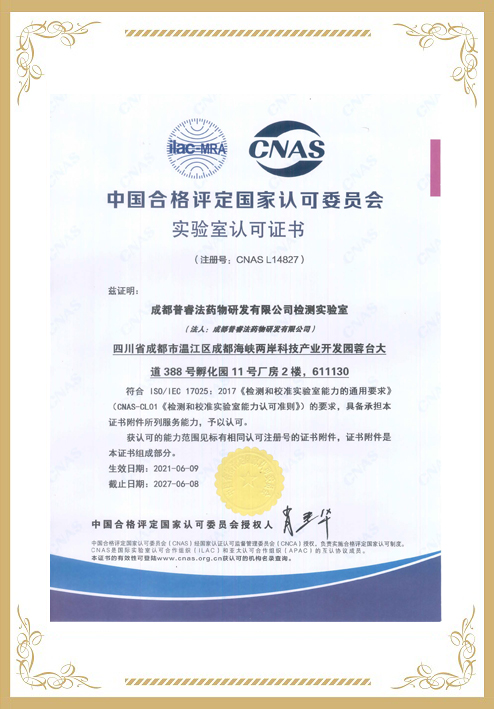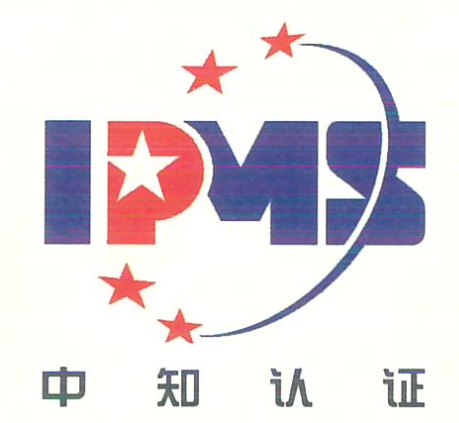Artemisia selengensis Turcz (AST) as a common vegetable is rich in di-caffeoylquinic acids (di-CQAs) and has been reported to possess multiple health benefits. However, whether di-CQAs from AST leaf extracts (ASTE) could alleviate gout inflammation is still unknown. Herein, this study explored the inhibitory mechanism of ASTE on gout inflammation in THP-1 macrophages. Results suggested that ASTE suppressed the secretion and mRNA levels of inflammatory cytokines including interleukin-18, interleukin-1β, interleukin-6, and tumor necrosis factor-α. Pretreatment with ASTE inhibited lipopolysaccharide-induced of IκBα degradation, p65 phosphorylation and up-regulation of Nucleotide-binding oligomerization domain-like receptor containing pyrin domain 3 (NLRP3) inflammasome proteins. Moreover, ASTE inhibited monosodium urate-induced the up-regulation of active caspase-1 and interleukin-1β, promoted nuclear factor E2-related factor2 (Nrf2) to translocate into the nucleus, reducing the generation of MSU-induced reactive oxygen species. These results suggested that ASTE alleviated gout inflammation via inhibiting NLRP3 inflammasome activation and activating Nrf2 signaling pathway.























